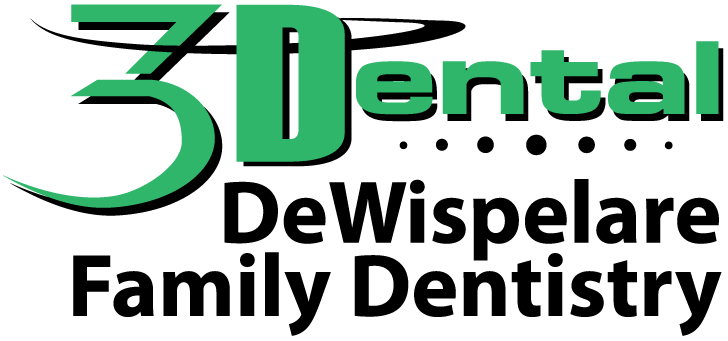Preventative Care
Dental Cleanings: Preventive dental cleanings may include cleaning and polishing of teeth, removal of plaque, tartar, and stains, and fluoride application.
Digital X-Ray: Digital x-rays are used for detecting decay, bone loss, impacted teeth, and/or abnormalities. This new technology uses up to 90% less radiation than film x-rays.
Fluoride Treatments: Fluoride is a mineral that occurs naturally. Without it, the tooth’s enamel breaks down and leads to tooth decay. Fluoride treatments help prevent this, and help the tooth resist bacteria, sugar, and acid in the mouth.
Sealants: Dental sealants are thin, plastic coatings coating the grooves and chewing surfaces of teeth, protecting them from tooth decay. They are usually added after a child’s permanent molars appear.
Athletic Mouthguards: Dental injuries are common in collision and contact sports, as well as other activities. Using a well-fitted mouthguard can significantly help prevent injuries caused by these sports.
Basic Services
Fillings: Dental fillings help restore missing tooth structure mostly caused by cavities. We use both amalgam and composite resin fillings. Amalgam fillings are made of an alloy containing mercury, silver, and other metals, and are perfectly safe. The composite resin fillings are tooth-colored, and made up of plastic and glass materials.
Root Canals: Roots canals are done to removes dead nerve tissue and bacteria from the inside of a tooth. This helps remove infection that might be in the tooth, and helps prevent further tooth decay.
Periodontal Treatment: Periodontal treatment focuses on control infection, and the type of treatment depends on the extent of the disease. Deep cleaning, called scaling and root planing, including scraping tartar from the gum line and ridding the tooth of rough spots that collect germs. Medication can also be used, as well as surgical treatments like flap surgery to remove tartar deposits from deep pockets, or bone and tissue grafts.
Extractions (including oral surgery): Extraction includes removing decayed or impacted (unable to grow normally) teeth from the mouth. Local anesthetic may used if the extraction is straight-forward, but more difficult teeth may require surgery.
TMJ: TMD, or Temporomandibular Disorder, causes pain or tenderness, limited ability to open the mouth wide, “locking” or “clicking” jaws, and difficulty chewing. This disorder can help be treated in several ways.
Major Services
Crowns: Crowns are caps that are used to protect a cracked and/or broken tooth and can be made out of ceramic, porcelain, gold, or metal. They ensure the tooth looks and works the way it is supposed to.
Bridges: A bridge replaces a missing tooth (or teeth) by joining artificial teeth to the adjoining teeth. Bridges may be made out of gold, porcelain, and/or metal.
Implants: A dental implant interfaces a crown, bridge, or dentures to the jaw or skull. Implants also helps support dental prosthetics.
Dentures (complete and partial): A denture is a removable replacement for missing teeth. We provide both complete and partial dentures. Partial dentures are needed when some original teeth remain, and complete dentures are needed when all of the teeth are missing.
Emergencies
Pain Free Options/Relation Methods
Available Options:
Nitrous: No driver needed
Oral Sedation: Need driver
Medication (Example: Xanax or Valium): Need driver
Anesthetic (Shots): No driver needed
Dental emergencies can be serious, and should not be ignored, as it will cause a dental problems and increase risk of more extensive treatment later.
For knocked out teeth: Rinse off tooth if it is dirty. DO NOT scrub or remove tissue fragments. If it’s possible, try to put tooth back into place. If it’s not possible, keep the tooth in a small container of milk and see us right away.
If you have an emergency of any type, please, do not hesitate to call us! (402)614-0322
Office Hours
Monday: 8:00 am – 4:30 pm
Tuesday: 7:00 am – 3:30 pm
Wednesday: 7:00 am – 3:30 pm
Thursday: 7:00 am – 3:30 pm
Friday: 8:00 am – 12:00 pm (2nd and 4th Friday of each month)
Saturday: 8:00 am to 12:00 pm (2nd and 4th Saturday of each month)
